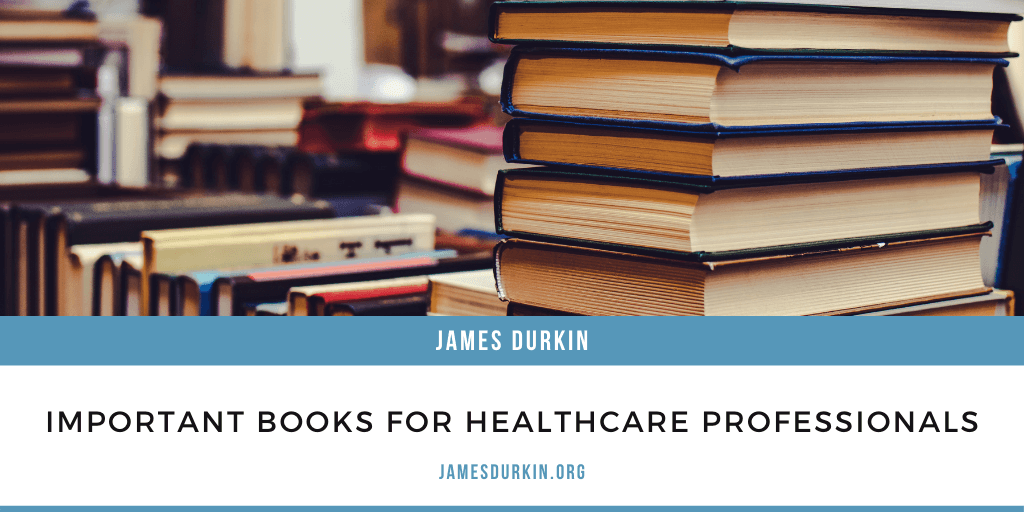Medicine is a field that’s always evolving. There are so many studies, reviews, and books published every month that no single medical professional can keep up with them all. However, doctors, nurses and other front-line medical workers need to set aside time for reading. Spending some time with a few significant books can help them to make a real difference for their patients.
There are plenty of mass-market books that deal with medical topics. Although these are designed for a general audience, they can also be beneficial for doctors. One example of this is the book How Not to Die, by Dr. Michael Gregor and Gene Stone. Gregor is a noted plant-based doctor. This book offers lifestyle change tips that can help people stave off various diseases and live healthier, longer lives. Most medical professionals have little formal training about diet and lifestyle. This well-researched book is a great place to get more information.
Undoctored: Why Health Care Has Failed You and How You Can Become Smarter Than Your Doctor is another mass-market book that’s become very popular. Written by Dr. William Davis, it’s designed with patients in mind. This book reveals some key frustrations that ordinary people deal with in their interactions with the medical community. It’s an excellent source for doctors to provide more effective patient care. This book helps doctors understand and communicate with their patients.
Jerome Groopman tackles the doctor-patient relationship from a different angle. In the book How Doctors Think, Groopman examines the way doctors and patients communicate. He also explores why doctors make the choices they do when it comes to treatment. Sometimes these judgment calls are a great success. At other times, they are ineffective. Groopman is unafraid to examine what works, what doesn’t, and why. This book is an eye-opener for physicians who are brave enough to examine their processes and attitudes.
Finally, Helping Children Overcome Fear in a Medical Setting by Rob Luka is a great book for anyone who works with youngsters. It’s a great window into how children think and what strategies can help them cope. It also examines the effects of working with sick children on medical professionals.

